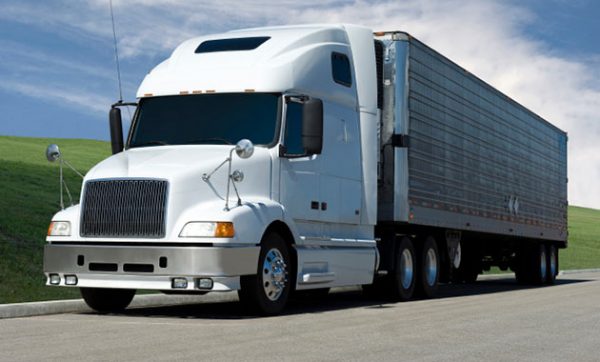During the first week in March, icy rain and snow blanketed much of Southeastern Foods Merchandisers’ network, forcing the distributor to postpone deliveries of food-service products to some customers.
Its restaurant customers in Tennessee, Mississippi, Georgia, Alabama and northern Florida continued to send in new orders, creating a weather-imposed backlog. The company turned to its dynamic routing system from Paragon Systems to re-route deliveries and keep them supplied.
The software factored in historical order volumes for the week to show managers how the rest of the week would pan out, says Jason Chestnut, director of operations for the Pelham, Ala.-based company. Chestnut also modeled various “what if” scenarios to thwart surprises like drivers having to reset their hours if some deliveries were pushed out to Sunday.
“I couldn’t imagine doing it without Paragon,” he says.
Commercial or private fleets with fixed routes like Southeastern Foods typically schedule multiple pickups and deliveries per truck each day, as do fleets with more dynamic routes with less-than-truckload and parcel-size shipments.
Besides helping fleets to cut costs and keep customer service commitments, dynamic routing software has become a hot commodity for technology companies looking to expand their reach into all segments of the transportation industry.
Southeastern Foods has been using Paragon routing and scheduling software for about six years. Transportation managers use it daily to fine-tune fixed routes for 20 trucks, and to periodically redesign its overall network. Recently, about two-thirds of all routes were re-designed to achieve a cost savings of 15% through a reduction in fuel, mileage and labor.
Chestnut says the software helps with testing various strategic “what if” scenarios like what the impact would be of using more straight trucks rather than semi-trailers in the fleet. Going forward, the company will be using smaller trucks and operating multiple shifts. “We absolutely learned that by having Paragon,” he says.
Southeastern developed its own order management system, which interfaces with Paragon to send daily order files that contain delivery details. Once Paragon builds a route plan for the orders, transportation managers review and save routes for that day. The route data is then automatically sent to drivers through the company’s mobile computing platform to execute in sequence.
Southeastern Foods also uses Paragon to compare the route plan with actual performance. Position data captured from its mobile system comes back to Paragon for post-mortem analysis. Managers can also see within Paragon how routes are progressing at any time during the day, he says.
